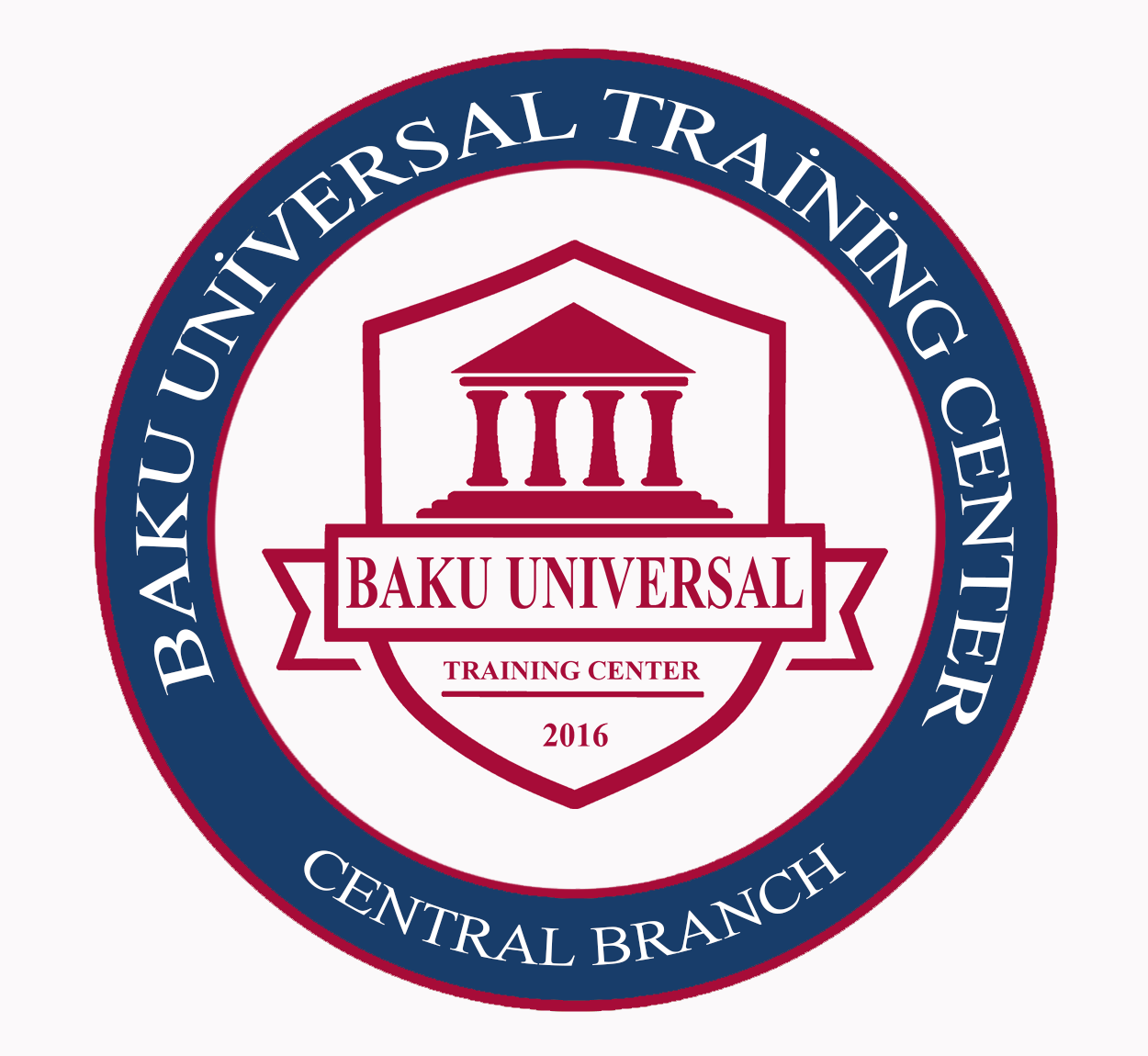Nə öyrənəcəksən?
English vocabulary in USE(all editions)
English grammar in USE(All editions)
Tureng, Longman,oxford dictionaries
Speaking -out books(all levels -from beginner to upper-intermediate)
The Headway book
Michael Swan-murphy
Bu kurs haqqında
İngilis dili proqramı ingilis dili biliklərinin təkminləşdirilməsi üçün ən sürətli yoldur. Bu kurs sizin yüksək hədəflərinizi özündə birləşdirərək birə-bir təlimlərlə özəl fərdi ehtiyaclarınızı özündə cəmləşdirir. Bu kurs danışıq, oxumaq, yazmaq, dinləmək və qramatikanı əhatə edir. Bu kursun əsas diqqət çəkən hədəfi söz bazanızın və özünüzə güvnərək danışıq qabiliyətinizin inkişaf etdirilməsidir.
Şərhlər (0)
Always, usually
At the shop / shopping, price
At the hotel, booking a room, oheak in/at
Food and drinks
At the restaurant ordering meal
At work / jobs
At school, education
Colors / describing objects
Describing appearance
Body parts / health and illness
Describing people personality
Sport games
Animals
Everyday problems
Life events birth / marriage, death
Days of the week
Telling the time
Saying hello / goodbye
Self introduction / personal information
Meeting new people
To say how are you? And replies
Family relatives / friends
Countries nationalities language
Daily routine
Telling the time
Days of the week
To say sorry replies
Hobbies / interesing
Free time activities / like and dislike
The date month and years
The weather / seasn
Filing / emition
At the home furniture
In the street / asking direction
Common objects
Transport ticket
Travel
Adverbs of manner
Place and time
Preposotions of place
Prepositions of time
Many, much, / a lot of
Few, a few, a little / little
Positive 2 negative forms
Personal pr-s
‘some’, ‘any’ and ‘no’ are used with both ‘count’ and ‘non-count’ nouns. It is useful to remember which nouns are ‘count’ (countable) and ‘non-count’ (uncountable) first:
Some / any / no + body / one, where, thing
Possessive pronouns
Reflexive pronouns
Other, another, the other, others
Oject pronouns
All / every / each / neither, either / both / none
Was / Were yes /no and questions
Was / Were positive / negative forms
Past simple: positive forms
Regular / irregular verbs
Past simple or Past Continuons
The most common time expressions in the present simple are: usually, always, never, on Wednesdays, every Wednesday, twice a week, once a month, in general, every other day
Present simple questions
Present perfect
In the simple present tense, negative forms and question forms are made using the auxiliary verb “do”. This page explains the rules.
Put "do" or "does" first to make a question with a verb. These are yes/no questions. Look at the difference.
Common verbs ( at least 100 verbs)
Stative verbs
“A” or “an” are always singular.
“The” is singular or plural.
Some plural nouns don’t use an article.
When using articles, it’s important to also know the difference between count and noncount nouns.
“A” or “an” are always singular.
“The” is singular or plural.
Some plural nouns don’t use an article.
When using articles, it’s important to also know the difference between count and noncount nouns.
In English grammar, countable nouns are individual people, animals, places, things, or ideas which can be counted. Uncountable nouns are not individual objects, so they cannot be counted. Here, we’ll take a look at countable and uncountable nouns and provide both countable noun examples and uncountable noun examples. Although the concept may seem challenging, you’ll soon discover that these two different noun types are very easy to use
“A” or “an” are always singular.
“The” is singular or plural.
Some plural nouns don’t use an article.
When using articles, it’s important to also know the difference between count and noncount nouns.
Question words, often called wh- words, are function words that can be used to ask open questions. Some words, such as who, which or where, can also be used to introduce relative clauses
to be köməkçi feli vasitəsilə cümlənin inkar və sual formalarını yarada bilərik
To be köməkçi fel.
İngilis dilini öyrənən hər kəsə məsləhətimiz olardı ki, bu dilin qrammatikasını öyrənərkən ilk olaraq to be feli ilə başlasınlar. Məhs bu feil İngilis dilində geniş vüsət almışdır. Aşağıdakı cədvəldə to be felin şəxsə görə 3 zamanda təqdim edirik İndiki, Keçmiş və Gələcək zamanları:
Testlər və sertifikatlar









